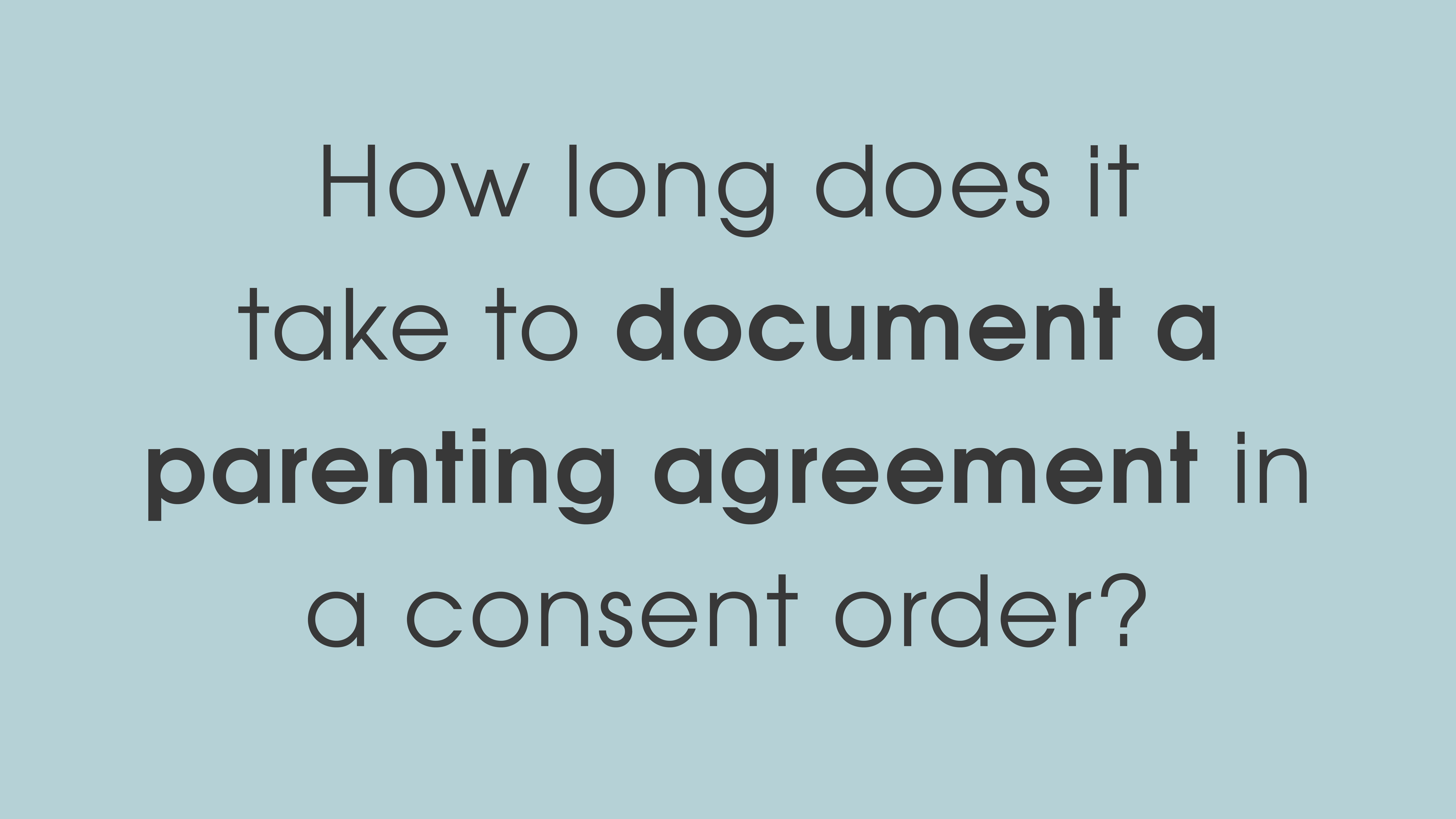5 things to consider when a loved one passes away

5 things to consider when a Loved One has passed away
Introduction
Losing a loved one is a difficult time in anyone’s life, regardless of how close or distant the relationship. Grieving for a loved one takes time, sometimes years and returning to the normalcy of your life so soon after a death can be quite difficult.
In addition to the emotional response that comes from the death of a loved one, there are also administrative steps that need to be taken to finalise their affairs. Quite often we find our clients are at a loss to know where to start. Here we set out five things which we find assist our clients through that administrative process.
1. Is there a Will?
2. Work out what assets and liabilities including superannuation need to be sorted out;
3. If there was a pension or other type of payment being received from Centrelink – ring Centrelink and cancel it;
4. Make an appointment to see a lawyer for advice;
5. Stop, breathe and take the time to grieve.
Is there a Will?
You may know whether or not your loved one had a Will. It might also be the case, as a client recently found, that there was no Will. If you are not sure, you should go through any paperwork belonging to your loved one to work out whether there was a Will. There might be a copy floating around or there might be some correspondence from a lawyer who may or may not have assisted with the preparation of a Will.
If you find a letter from a lawyer amongst the paperwork you can always ring them to find out whether or not they are holding a Will. You can then arrange to collect the original Will from that lawyer to get some advice from your local lawyer or attend upon them for the administration of the estate. You are not bound to use the lawyer who is holding the Will.
If there is no Will then things can be a bit tricky. Usually the next of kin is the person who has the responsibility for administering the estate. This might be a spouse or a child. If there is no person who is willing to act then another person might be appointed but it is important to get some advice about that.
If there is a Will then the Will should set out how the estate is to be distributed. If there is no Will then there are special rules that apply.
Work out what assets and liabilities including superannuation need to be sorted out
Again, you may be aware of exactly what property was owned. If not, then you may need to go through the paperwork held in their house to work out what there was. For example, a rates notice might indicate that a property is owned. A client recently attended with us thinking that his father only ever rented property but amongst his belongings found rates notices and levy notices indicating that the town house in which his father lived was actually owned by him.
There may be bank statements for bank accounts which are held or share statements or other types of investments. There may also be superannuation statements.
You should collate all of these documents together and prepare a table which sets out as best as you can understand what assets, liabilities and superannuation there might be that needs to be looked after. Taking the time to go through this process will make it easier for you to obtain some advice from a lawyer about the steps involved in administering the estate.
If there was a pension or other type of payment being received from Centrelink – ring Centrelink and cancel it
It is important that you notify Centrelink, if there is a Centrelink pension that is being received, as soon as possible, though not immediately after the death. Centrelink provide you with a grace period usually of two pension payments within which to notify them of the passing of the person who is in receipt of the pension.
If you do not notify Centrelink then there may be a request by Centrelink to refund to them the overpaid pension. This will not be something that you will not want to deal with immediately after you have firstly experienced the death of a loved one, and then arranged the funeral.
Make an appointment to see a lawyer for advice
It’s a good idea to see a lawyer for advice regardless of how big or small the estate is. Sometimes all you need is a point in the right direction but on other occasions you might need more comprehensive advice depending upon the size of the estate or any issues which may arise in the administration of the estate.
Seeing a lawyer to obtain some preliminary advice does not commit you to engaging the lawyer to undertake all of the work however sometimes it can be of assistance to you to distance yourself from that process and allow your solicitor to assist you in the administrative process of administering the Will.
Stop, breathe and take the time to grieve
Above all, you should take the time to grieve for the loss of your loved one. There is absolutely no rush whatsoever in administering an estate. On some occasions clients will attend with us immediately upon the passing of their loved one. They feel that it is important to keep things moving and quite often the mundane tasks of pulling together financial documents and working out schedules of assets can be a way to distract and keep them busy.
In reality, there is not a lot that can be commenced until the receipt of the Death Certificate. The Death Certificate will not be sent to you until about a week or so after the funeral has occurred.
It is for this reason that we advise our clients that there is simply no rush. You should stop, breathe and take the time to grieve the loss of your loved one. Over the weeks that follow the death you can start to collate documents and take the steps we have referred to above. When you receive the Death Certificate then we recommend that you seek some legal advice about the administration of the estate and steps that need to be taken.
If you are struggling to know where to start or require some advice about the administration of an estate, please contact us so we can assist you through this process.
Latest Posts
- CATEGORY: Wills and Estates
- TAGS: estatelawyer, estates, executor, lawyer, lifelaw, wills





